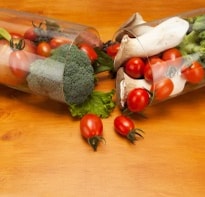Breast cancer patients with high levels of vitamin D in their blood are twice as likely to survive the disease as women with low levels of this nutrient, scientists have found. In previous studies, Cedric F Garland, professor in the Department of Family and Preventive Medicine at the University of California - San Diego, showed that low vitamin D levels were linked to a high risk of premenopausal breast cancer.
Advertisement
For the latest food news, health tips and recipes, like us on Facebook or follow us on Twitter and YouTube.
Advertisement
